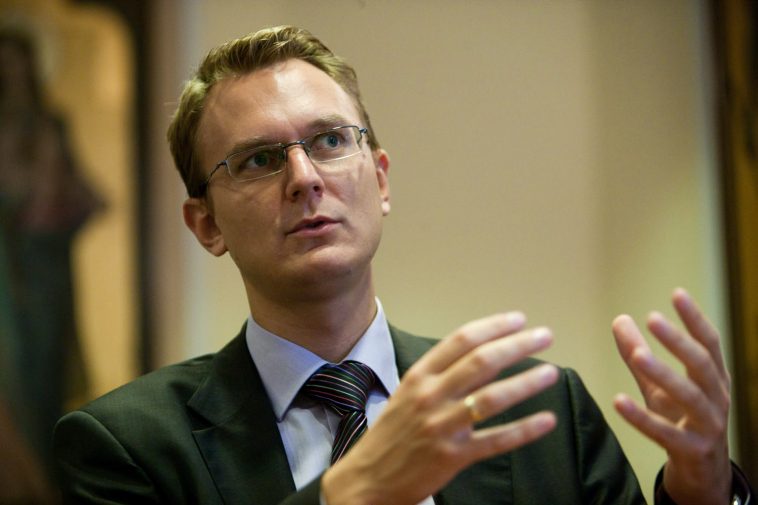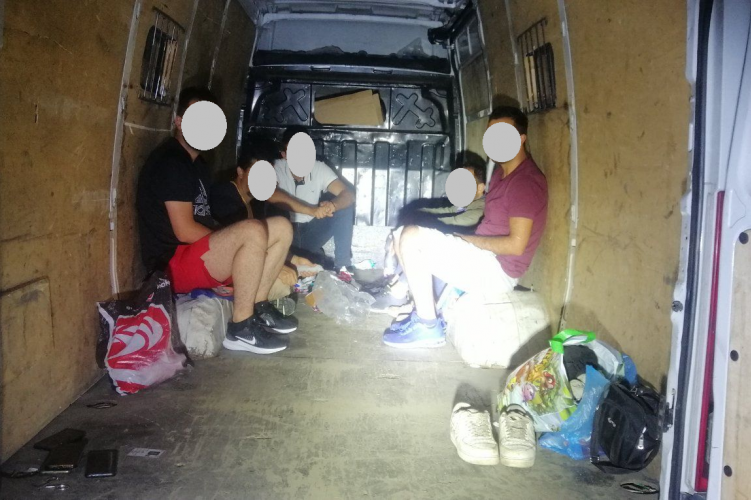The aim of the measure is to ensure that the costs of punishing human traffickers are not borne by Hungarian taxpayers. Hungary had to make this decision regarding people smugglers because Brussels does not contribute to the costs of border protection, but punishes our country if the prisons are overcrowded, the Parliamentary State Secretary of the Ministry of the Interior said on Tuesday.
Bence Rétvári emphasized: Hungary protects the external borders of the European Union. Brussels owes Hungary 650 billion forints, i.e. more than 1.5 billion euros, because we spent that much on border protection since 2015.

Bence Rétvári/Source/News TV
So far, only 1 percent of this incredibly large amount has been reimbursed. "We stop illegal immigrants coming to Europe at the southern border, we catch and detain people smugglers."
"Our border guards and police officers stand at the border in winter and summer and work beyond their means to keep Hungarian and European families safe," he added.
The EU does not give money to Hungary either for the detention costs of human traffickers or for the construction of prisons. On the other hand, they expect us to hold foreign people smugglers caught at the borders in domestic prisons, with Hungarian taxpayers' money.
However, domestic prisons have become overcrowded due to the more than two thousand people smugglers who have been caught. Proceedings were previously initiated against Hungary, citing "inhumane conditions" due to overcrowding.
He said that the "prison business" is memorable, during which "primarily lawyers connected to the Soros network initiated compensation lawsuits with a total value of several billion forints, referring to the saturation of prisons".
The annual cost of maintaining those detained for crimes related to human trafficking is several billion forints.
A convicted human trafficker costs Hungarian taxpayers almost HUF 5 million on average.
With the extension of reintegration detention, human traffickers who have been convicted and legally expelled from Hungary must leave the territory of the country within 72 hours, but this does not mean the abolition of the punishment. If they do not leave the country, they will be sent back to prison.
The aim of the measure is to ensure that the costs of punishing human traffickers are not borne by Hungarian taxpayers. The measure affects 808 prisoners, most of whom are citizens of states neighboring Hungary.
Hungary had to make this decision because Brussels does not contribute to the costs of border protection, but punishes our country if the prisons are overcrowded, Bence Rétvári pointed out.
Source: Magyar Hírlap
Featured image: Police













